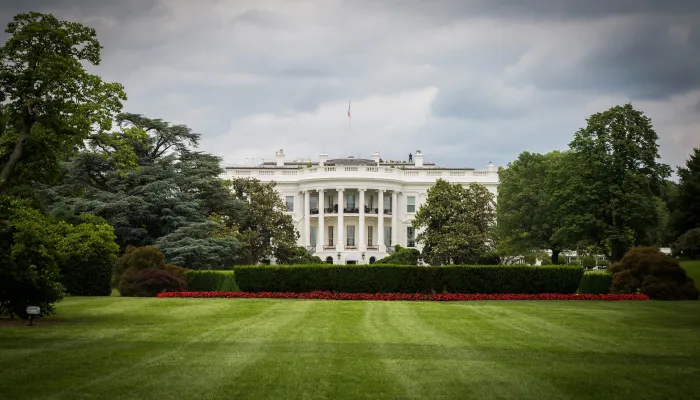Concord: Key Questions to Ask Candidates About Our Fiscal Future
The national debt is currently twice the historical average, and will grow unsustainably until Congress makes responsible changes. Voters should be able to know how their candidates would take on this challenge. The Concord Coalition has published a list of helpful questions to help voters engage with candidates and learn their stances on these important issues.
As Concord explains:
Voters should expect candidates for federal office this fall to explain how they intend to deal with the huge challenges ahead. These include some problems that must be addressed in the very near future.
This is no time for vague rhetoric and petty partisan jabs; voters should insist on credible solutions -- the more specific, the better. Some of those solutions won’t be easy because the problems go far beyond the “waste, fraud and abuse” we hear about so frequently in campaign speeches.
The questions are:
- Do you support developing a fiscal sustainability plan by considering all parts of the federal budget? If not, what parts would you target and what would you exempt?
- Could you identify some areas in the budget where you see particular opportunities for bipartisan cooperation on reform?
- How should the government curb the growth of its health care spending in programs such as Medicare, Medicaid and Tricare (which serves military families and retirees) while maintaining or improving the quality of care?
- What changes would you like to see in the federal tax system? Are there some examples of tax preferences favoring specific categories of taxpayers that you would support eliminating? If so, would you favor using the resulting revenue to reduce federal borrowing, lower tax rates, or both?
- Are there federal programs that you consider clearly wasteful or subject to widespread fraud and abuse, and how much savings would you expect to recover by reforming or eliminating these programs?
- Social Security is projected to run increasingly large cash deficits as the population ages and more people qualify for retirement benefits. In addition, beneficiaries of Social Security disability insurance face an automatic 19 percent across-the-board cut in their benefits unless Congress makes changes within the next two years. How should we address these problems?
- Should military spending be reduced, kept the same, or increased?
- The highway trust fund is expected to run out of money next year and has a cumulative shortfall of more than $100 billion over the next decade. How can we ensure a high-quality highway system in the years ahead?
- Spending caps over the next decade will reduce “discretionary” spending – the money for programs that Congress approves on an annual basis for defense and many domestic programs – far below its average post-World War II level. Are these caps realistic? If not, how should we modify them?
- What changes would you like to see in the budget process?
The full Concord list (with explanations) can be seen here.


